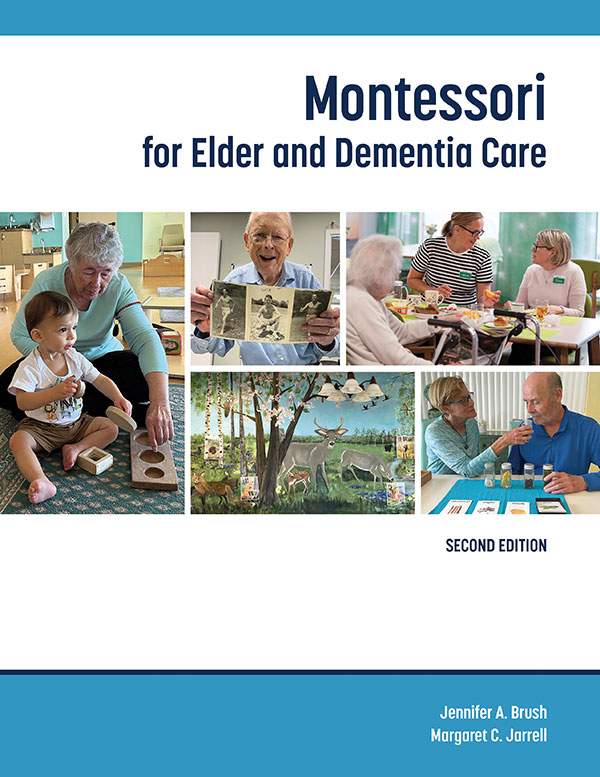Personalized Dementia Care Charlotte: Understanding Your Family member's Distinct Needs
Personalized Dementia Care Charlotte: Understanding Your Family member's Distinct Needs
Blog Article
Exactly How to Give Personalized and purposeful Mental deterioration Care
The stipulation of significant and tailored dementia care requires a nuanced understanding of each individual's distinct background and choices. Treatment strategies should be customized to engage the person in means that reverberate with their previous experiences, thus promoting emotional links and boosting general wellness.
Comprehending Dementia Uniqueness

Treatment companies have to analyze cognitive capacities, emotional states, and behavioral patterns to create personalized care strategies. This might include adjusting interaction styles, using familiar routines, and making use of meaningful activities that reverberate with the individual's past experiences. Involving a person with a passion for songs via musical tasks may stimulate favorable memories and enhance psychological well-being.
In addition, understanding uniqueness promotes a thoughtful approach that values the self-respect and autonomy of those coping with mental deterioration. It motivates caregivers to pay attention actively, observe behavioral cues, and continue to be flexible in their caregiving methods (memory care charlotte). By focusing on uniqueness, caregivers can not just boost the quality of life for those with dementia but likewise develop an extra profound understanding of their unique point of views, inevitably leading to much more compassionate and effective care
Building Trust Fund and Relationship
Developing trust and rapport is basic in mental deterioration treatment, as it creates a safe and encouraging setting for people affected by the problem. Structure these connections requires constant, compassionate interactions that focus on the needs and sensations of the individual. Caregivers have to come close to interactions with compassion, identifying the one-of-a-kind difficulties dealt with by those with mental deterioration, consisting of memory loss, complication, and emotional distress.
Caretakers should use clear, simple language and non-verbal hints to communicate understanding and assistance. Energetic paying attention demonstrates respect and recognition, enabling individuals to reveal themselves without concern of judgment.
Developing a routine can likewise boost trust. Familiarity with daily activities and caretakers advertises a feeling of security, enabling individuals to really feel even more at convenience. It is important to involve with people on a personal degree, putting in the time to learn more about their biography, preferences, and interests. By doing so, caretakers enhance the person's identification, promoting dignity and respect, inevitably resulting in stronger, a lot more significant relationships in the context of dementia treatment.
Tailoring Tasks and Involvement
Engaging people with dementia through customized tasks can significantly improve their quality of life and cultivate a deeper connection between caretakers and those in their treatment. Personalization is important, as it acknowledges my explanation the one-of-a-kind histories, rate of interests, and capacities of each individual. Activities need to be designed to stimulate cognitive features, advertise physical movement, and motivate social communication, all while continuing to be pleasurable and meeting.
To tailor tasks properly, it is vital to assess the individual's preferences and cognitive abilities. In addition, incorporating aspects of regimen can supply convenience and stability, allowing people to engage with tasks much more with confidence.
Caregivers can improve interaction by getting involved alongside the individuals, cultivating a supportive and interactive environment. It is likewise important to continue to be adaptable and flexible, changing activities as required based upon the individual's power levels and mood. Eventually, purposeful engagement through tailored activities not only boosts people with mental deterioration but likewise enhances the caretaker partnership, advertising common enjoyment and understanding.
Effective Communication Methods
Efficient interaction is essential in dementia care, as it promotes a sense of link and understanding in between caregivers and people experiencing cognitive decline. Employing effective communication techniques can significantly improve the quality of interactions and decrease aggravation for both celebrations.
Firstly, using straightforward, clear language is important. Familiar words and brief sentences help people understand and respond much better. Furthermore, maintaining a calm and favorable tone can produce an encouraging setting, which is vital for individuals that may feel baffled or distressed.
Non-verbal interaction plays a substantial role as well. Caretakers ought to pay attention to body language, faces, and gestures, as these signs can typically communicate even more than words - memory care charlotte. Developing eye contact and utilizing gentle touch can likewise share and enhance connections empathy
Active listening is another essential element. Caretakers must be alert, allowing people to share themselves totally, also if their speech is fragmented or vague. This lionizes and urges much more open interaction.
Finally, verifying experiences and pop over to this site sensations is vital. Acknowledging emotions, despite their basis in reality, can provide comfort and reinforce the caregiver-individual partnership, promoting an extra helpful environment.
Supporting Family Participation
Family members participation plays a considerable role in the general care and assistance of people with dementia. Involving family members develops a collective atmosphere that enhances the quality of treatment, cultivates psychological connections, and ensures that the unique requirements of the person are satisfied. Family participants usually possess important insights into the individual's history, preferences, and actions, which can be essential in creating personalized care approaches.

Furthermore, relative can be urged to join day-to-day care activities, such as taking part in meaningful discussions or helping with familiar routines. This not only aids receive the person's sense of identity but likewise reinforces familial bonds. Ultimately, by promoting an inclusive method that values household contributions, More Bonuses treatment providers can enhance the overall experience for both people with mental deterioration and their loved ones.
Final Thought
In final thought, supplying purposeful and tailored dementia treatment requires an extensive understanding of each individual's distinct history and choices. Collectively, these strategies add to improved top quality of life for individuals with mental deterioration.
The arrangement of tailored and significant dementia treatment needs a nuanced understanding of each person's distinct history and choices. By doing so, caretakers reinforce the person's identity, promoting self-respect and respect, inevitably leading to more powerful, a lot more significant partnerships in the context of mental deterioration treatment.
Involving people with mental deterioration with tailored tasks can dramatically improve their high quality of life and cultivate a much deeper link in between caregivers and those in their treatment.Household involvement plays a considerable role in the general care and assistance of people with dementia. Ultimately, by fostering an inclusive approach that values household payments, treatment carriers can enhance the general experience for both individuals with mental deterioration and their loved ones.
Report this page